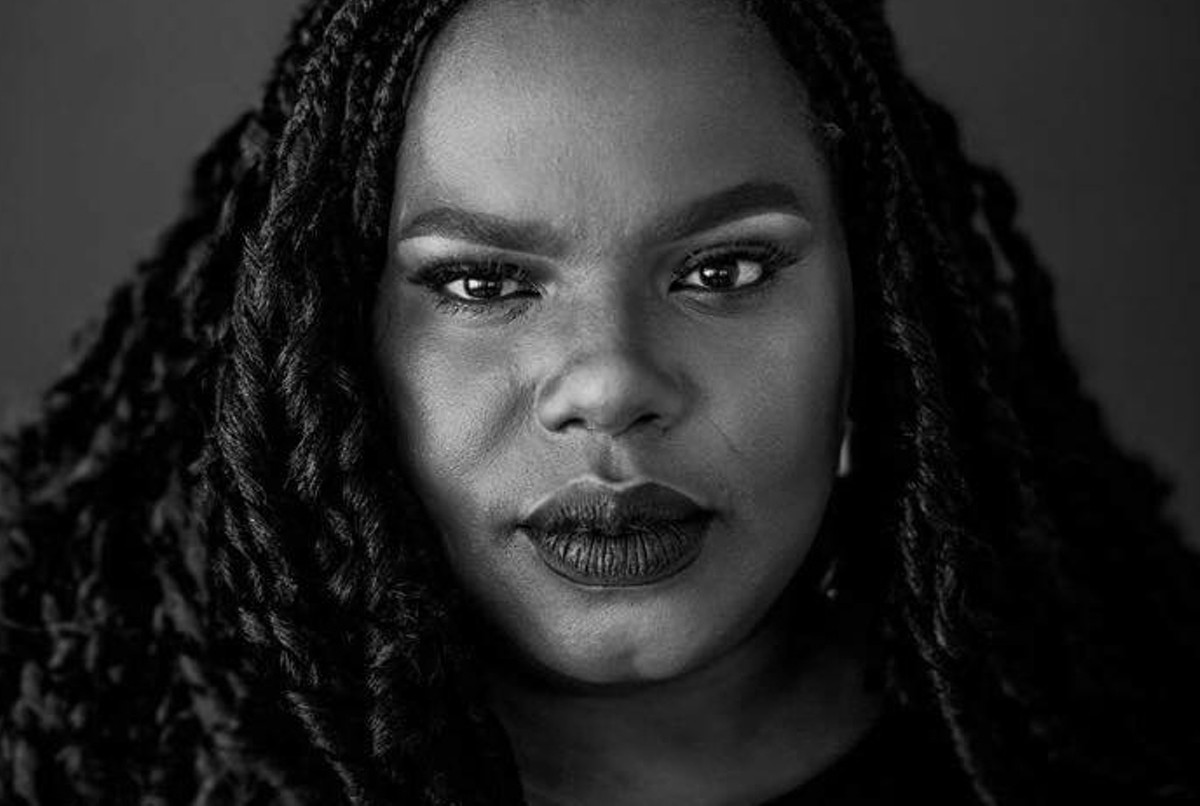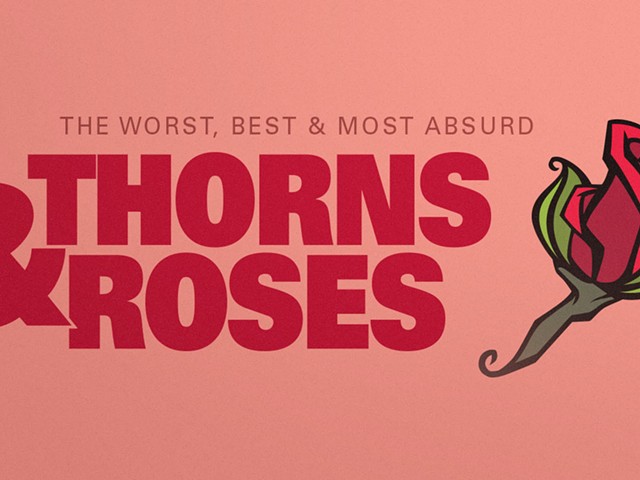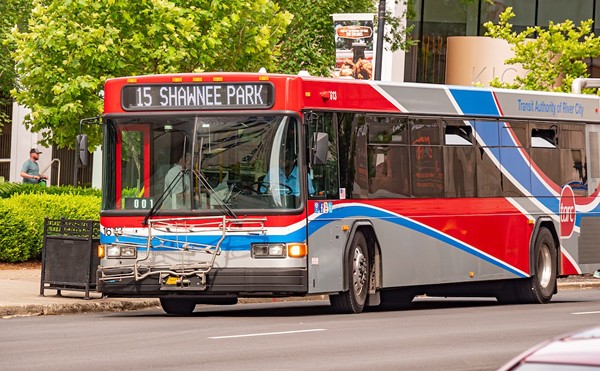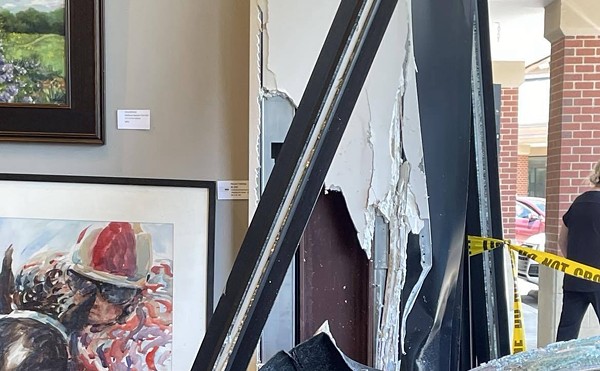As a black woman, I had the unique experience of my first “real” job being at an entirely African American institution, Bates Memorial Baptist Church. Everyone on staff or in a position of leadership was black. Not only was everyone black, for the most part, most of us had some form of post-secondary education, from doctorates to bachelor degrees, and we were all united by our love for God, our love for black people and justice. I remember feeling like my soul was being ripped from my body when the George Zimmerman verdict came in, and the first person I texted was my pastor, and we expressed our hurt and anger. I didn’t have to return to work the next day and pretend the verdict didn’t hurt, all of us were angry, and we discussed it amongst ourselves as we did our daily tasks. Then, the death of Mike Brown and many others happened, and across the nation, churches were expressing their solidarity for an end to police brutality. I remember I was going to get a black hoodie made with Black Lives Matter on the front, and as I headed out of the doors of the church, I asked Pastor Bruce Williams if he would like one, and he said, “Of course.” His hoodie was adorned with the words, “I Can’t Breathe,” the last words uttered by Eric Garner, who was held in a chokehold by NYPD and killed. There was unity amongst us as we all stood for one goal, justice for black people. I didn’t have to go to work and debate my position. I didn’t have to listen to someone tell me, “If they would have just complied.” I didn’t have to hear any stories about white people feeling justified in “standing their ground.” I didn’t have to hide my pain. I was able to work through the painful experiences with others who understood me as we worked our 9-to-5 jobs.
Even beyond our solidarity, when a tragedy happened in the black community, there was just understanding for who we are as black people. I could come to work in my African attire, and no one asked me any silly questions. If there was a day that I wasn’t able to finish my braids and had to wear a headwrap to the office, it didn’t spark curiosity. There were no negative comments when I shaved all my hair off and wore my Afro. No one begged to touch my hair or pet me. If I woke up one morning and wanted to wear my “Descendant of a Field Negro” shirt to work, there were no side-eyes; no one was running to the Human Resources department talking about how they were offended by my T-shirt.
And the food. My goodness, the food! In the church there was an industrial kitchen, and boy did we use it! We would bring in collard greens and mac and cheese. We made fried potatoes, cabbage and fried gizzards dripping in hot sauce. And no one asked, “What’s that?” No one said, “That smells funny.” We would sit in the back room on our lunch break and laugh and slap high fives. We didn’t need to code-switch. We would drop all the Gs from the ending of our words, toss in a couple of Bs and throw around our slang as we discussed our lives, our hopes and our dreams.
There were images of black people on the walls, celebrating our history. Every February, we made sure to highlight our achievements, but it went beyond just February — 365 days out of the year, we were black, and we embraced that. It was nice to work in a space where I didn’t have to think about my skin color. In that space, I was allowed just to be black even while I was doing my job. I didn’t have to leave a part of me at home. I could bring all of my Blackness into the workplace with me with no shame or apologies needed.
Then, I left that job and entered into the world of White Spaces. I suddenly found myself in meetings where I was the only black person. I noticed that many times, after an initial introduction, comments ceased coming in my direction. I sat in meetings quietly observing. It is funny the things people will say when they have overlooked that you are even in the room. I became hyper-aware of my clothing and folded my Afrocentric T-shirts up and put them in a drawer, resolving to wear them on the weekend. I was aware of my language and reserved my slang for my friends and family. Code-switching just became the norm. I remember once I spoke about taking out my braids and wearing my natural hair, someone commented, “Oh no, Hannah. You have to have your long hair.” (Why? Why couldn’t I just have my Afro?) I was overly aware of the food I brought into the office, not wanting food that was part of my heritage and identity to be perceived as having a foul odor.
Most importantly, I became hyper-aware of my skin; it felt so heavy in some of these spaces. I disliked the frivolous small talk of discussing my weekend with people I didn’t know and more than likely had no real interest in how I spent my weekend. While they spoke of weekends filled with hiking and hanging out with friends eating tapas and sipping wine, how did I begin to explain to them I spent my weekend writing or speaking about injustice? That I had just witnessed yet another murder, from a police body camera. That I watched the funeral of Stephon Clark and spent an hour crying asking: “God why?” That I found myself a weeping mess on an airplane ride home from a conference after watching the Kalief Browder story asking God, “Why is it so hard to be black in this world? Why can’t people just let us be?” I am certain those are not the answers they want to hear when I am asked about my weekend or what I have been up to lately, so instead of saying that, I simply say, “It was fine.”
Always pretending. Code-switching was now my life.
Every day, I came home exhausted. I would sit in my car outside of my house mindlessly thumbing through my Twitter feed or Facebook. I needed just a moment to breathe. After years of this, finally it dawned on me, Hannah you are exhausted when you come home because all day you have focused not just on your work but also working to be someone you are not. You are like an animal that has been taken out of its natural habitat and placed in unfamiliar territory, which is why you feel anxious all the time. I realized it was a never-ending cycle, and it started before work, through work and didn’t end until I came home. The time I arrived home was time for me to recover, only to wake up and do the same thing the next day and the next day and the next day. And it was exhausting.
I thought about them even more once I returned from a trip to Dakar, Senegal. In Dakar, my skin color alone was not criminal. There, we were free just to show up as our authentic selves. We could shop and not think about someone thinking we were stealing simply because we were black. I had not experienced that before. It was as if the entire world opened up to me and said, “Welcome, Hannah. We’ve been waiting for you.” I held that moment close to my chest because I knew it would be gone from me soon. I knew I would be back in America where I would have to offer an explanation for my mere existence. Where I was reminded of my Blackness not just daily but hourly.
What if the workplace didn’t tell us our blackness was unacceptable? I wondered how my life would be if I could show up in the workplace and meetings as just Hannah. While the people I work with now accept me as who I am, I still find myself in many spaces where I am the only or one of few black people. And while they may love me, there are still unwritten rules about how black people must navigate White Spaces from 9-to-5 (and beyond). I often wonder how much more could I accomplish if I could show up 100% me? How much more could I achieve if I was not spending half my concentration trying to fit into a society that has told me how to speak, how to wear my hair, how to dress, etc.? Who could I really be, and what could I create if I was allowed just to be me?
For the black people and people of color reading this, if you would like, please share your experiences working 9-to-5 in White Spaces. How has this impacted your daily life? What are some of the challenges that you have faced in the workplace? Do you feel the stress of working 9-to-5 in White Spaces and how does that impact your life at home?
To the white people, have you ever considered how it feels for a black person or a person of color to work in an environment where they never fully show up to work as themselves? Can you imagine going to work and being someone else at a minimum of eight hours a day your entire working career? Can you see times when you have contributed to a black person or person of color feeling as if they did not belong in the workplace?
I was in Dakar for two weeks. That is 20,160 minutes. I had 20,160 minutes to be free. And for each of those moments, I was alive. I long to live in a world where my freedom to be black isn’t regulated to me in minutes. I do not want to show up to work, leaving half of me at home. Allow me to show up fully as I am and be amazed at just how authentic and brilliant 100% black can be. •
Hannah L. Drake is an author, poet and spoken word artist. Follow her at writesomeshit.com and on Twitter at hannahdrake628.






